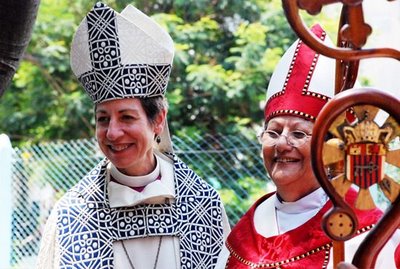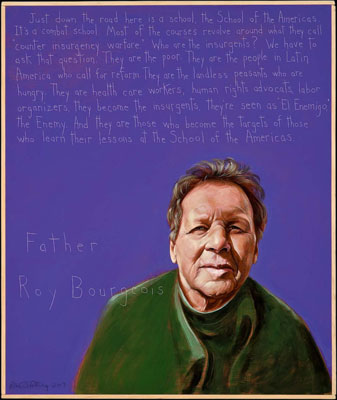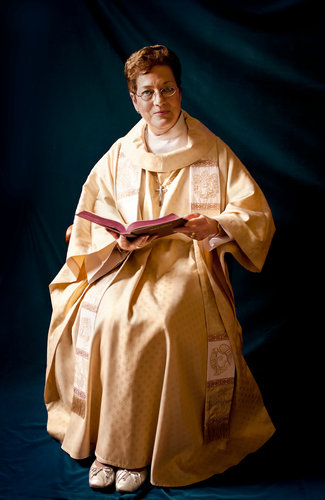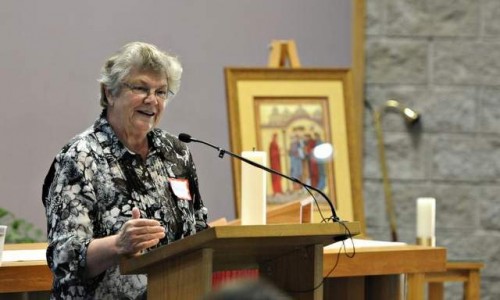The general synod of the Church of England has voted narrowly against the appointment of women as bishops.
The measure was passed by the synod’s houses of bishops and clergy but was rejected by the House of Laity.
Supporters vowed to continue their campaign but it could be five years before a similar vote can be held.
Controversy had centred on the provisions for parishes opposed to women bishops to request supervision by a stand-in male bishop.
The outgoing Archbishop of Canterbury, Dr Rowan Williams, spoke of his “deep personal sadness” after the vote.
He said: “Of course I hoped and prayed that this particular business would be at another stage before I left, and… it is a personal sadness, a deep personal sadness that that is not the case.
“I can only wish the synod and the archbishop all good things and every blessing with resolving this in the shortest possible time.”
The Archbishop of Canterbury after the vote on women bishops The outgoing Archbishop of Canterbury was in favour of allowing women bishops
Both the archbishop and his successor, the Rt Rev Justin Welby, the current Bishop of Durham, were in favour of a “yes” vote.
Canon Simon Killwick, vicar of Christ Church, Moss Side, and leader of the Catholic group in the synod, had spoken against the move and said the legislation was “flawed”.
He said it would be possible for the issue to return before the next synod is elected in 2015 if there were “early talks held between the various parties and a real effort to build a bigger consensus”.
Twenty years after the introduction of women priests, the issue has continued to divide traditionalists – among those on the Church’s evangelical and Anglo-Catholic wings – from reformers.
Had the motion been backed by the synod, the proposed legislation would have made its way through Parliament before receiving royal assent.
It needed two-thirds majorities in each of the synod’s three houses.
The votes were 44 for and three against with two abstentions in the House of Bishops, 148 for and 45 against in the House of Clergy, and 132 for and 74 against in the House of Laity.
The vote in the House of Laity, at 64%, was just short of the required majority – six more “yes” votes were needed.
The House of laity is the largest element of the General Synod and is made up of lay members of the church elected by its 44 dioceses.
The decision came at the end of a day of debate by supporters and opponents – and a 12-year legislative process.
The Bishop of Norwich, the Rt Rev Graham James, said: “It is very disappointing that the vote was lost so narrowly.”
Campaign group Women and the Church (Watch) said the outcome was a “devastating blow for the Church of England and the country”.
The Rev Rachel Weir, chairwoman of Watch, said “This is a tragic day for the Church of England after so many years of debate and after all our attempts at compromise.
The Right Reverend Graham James: “Obviously it is very disappointing that the vote was lost”
“Despite this disappointing setback, Watch will continue to campaign for the full acceptance of women’s gifts of leadership in the Church’s life.”
Watch said bishops would need to act promptly to offer pastoral support in the coming weeks to women clergy and others who felt devastated by the decision.
Writing in the Guardian, Lucy Winkett, who would have been in line to become a woman bishop, said the synod was “detonating its credibility with contemporary Britain”.
Emergency meeting
But synod member Susie Leafe said the outcome was because of faults in the legislation.
She said: “There were a lot of places along the way that we could have had a measure in front of us that wouldn’t have been voted down, and it’s very sad that this was able to go on without us facing the reality of the situation.”
The Catholic Group in General Synod said “mediation and conciliation are needed so that new legislation can be framed to provide fairly for all members of the Church of England”.
Zoe Ham, Church Society: “I am happy that the legislation in its form today has been rejected”
The group said in a statement: “We regret the synod was put in the position whereby draft legislation failed at final approval because it was unclear and unfair in its provision for those who, in conscience, are unable to accept the ministry of women as bishops or priests.
“The Catholic Group calls on the House of Bishops to reconvene the talks started in the summer between representatives of different groups, chaired by Bishop Justin Welby.
“The Catholic Group is committed to playing a full part in the process of achieving good legislation to enable us all to move forward together in mission and service to the nation.”
Traditionalist campaign group Together 4ward said: “We are reflecting on and praying about the outcome of general synod, and will make a fuller statement in due course.
“We are, however, pleased that synod has chosen not to pass the Women Bishops Measure in its current form, which we believe would not have allowed the Church to go forward together.”
The House of Bishops will hold an emergency meeting on Wednesday morning following the decision, a Church spokesman said.
Complete Article HERE!





